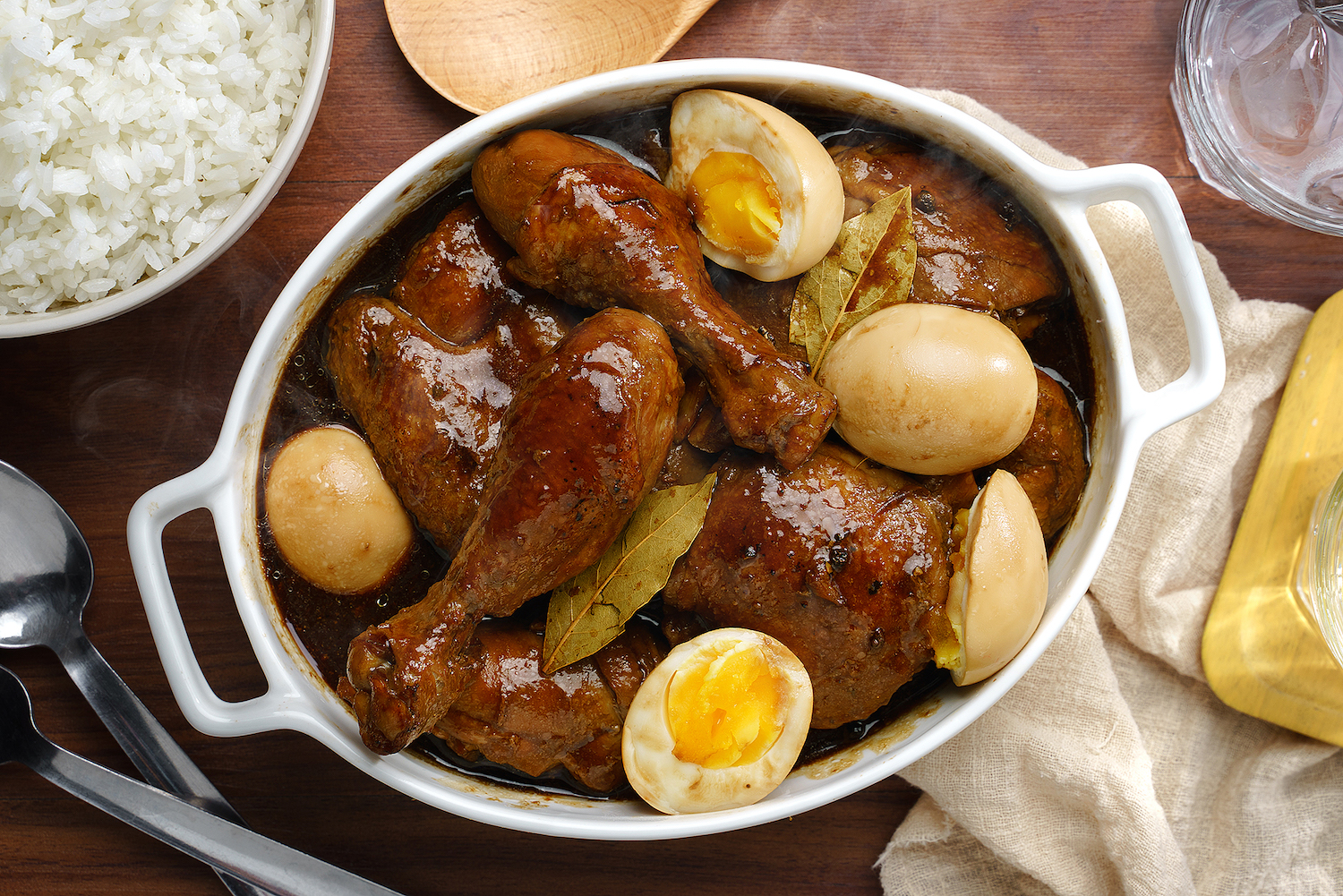Treasured by Filipinos worldwide, many came out in arms over their unofficial national dish being used as a “political gimmick.”
Just last week, the Department of Trade and Industry’s (DTI) Bureau of Philippine Standards (BPS), caused quite an uproar when they commissioned a committee of chefs to decide upon a standardisation of popular local recipes; one of them being a Filipino favourite — adobo.
Much to the consternation of Filipinos everywhere, the announcement was met with indignance and outright disagreement over such an “unnecessary” government “initiative,” and pleas on the internet to leave their favourite foods alone.
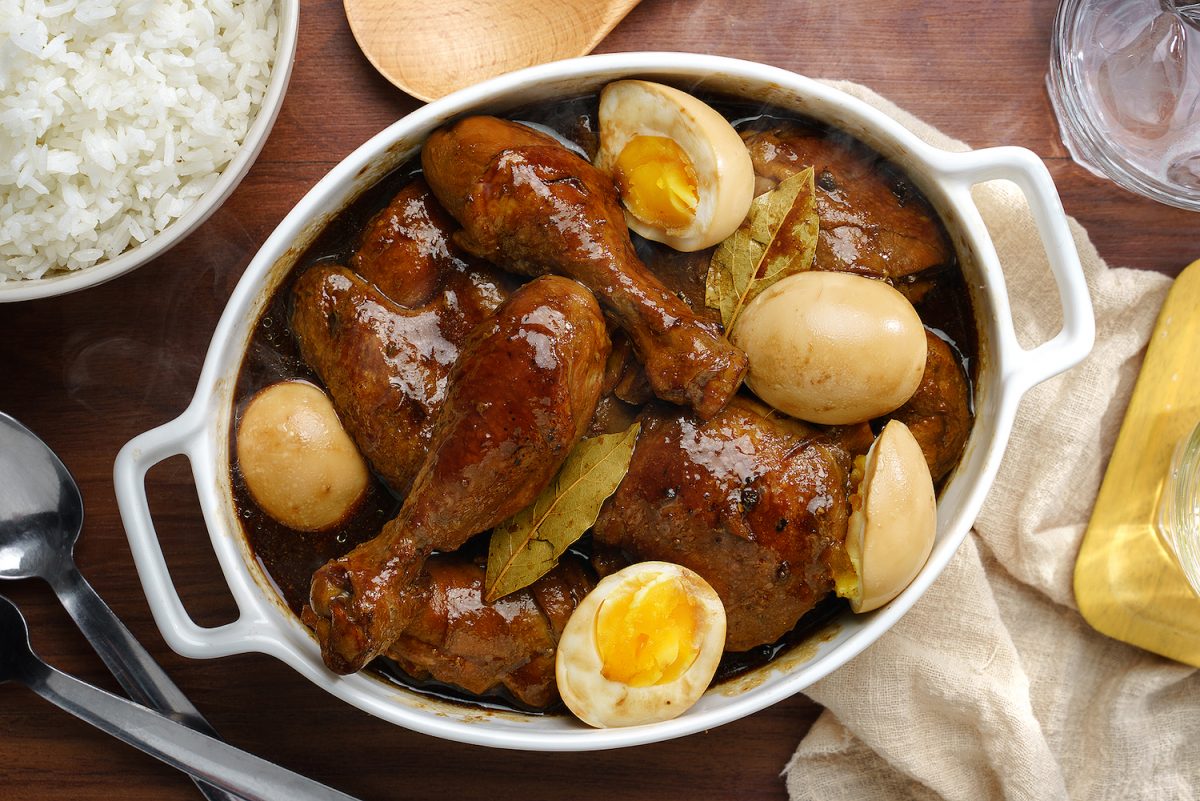
The said committee was assembled to help streamline the many variations of widely-eaten dishes such as adobo — a savoury meat stew containing either, chicken, pork, or squid, marinated and slow-cooked in a soy-sauce and vinegar. Other dishes up for standardising are sisig — a traditional dish with chopped pork, onions and chillies, served with vinegar or fresh calamansi; lechon — Spanish suckling pig; and sinigang — a sour-savoury soup or stew with meat.
In a statement made on July 9, the DTI announced that streamlining local recipes for the purpose of commercial promotions will help establish an international identity for Filipino cuisine, and that standards were already being set in the national cookbook titled Kulinarya: A Guidebook to Philippine Cuisine.
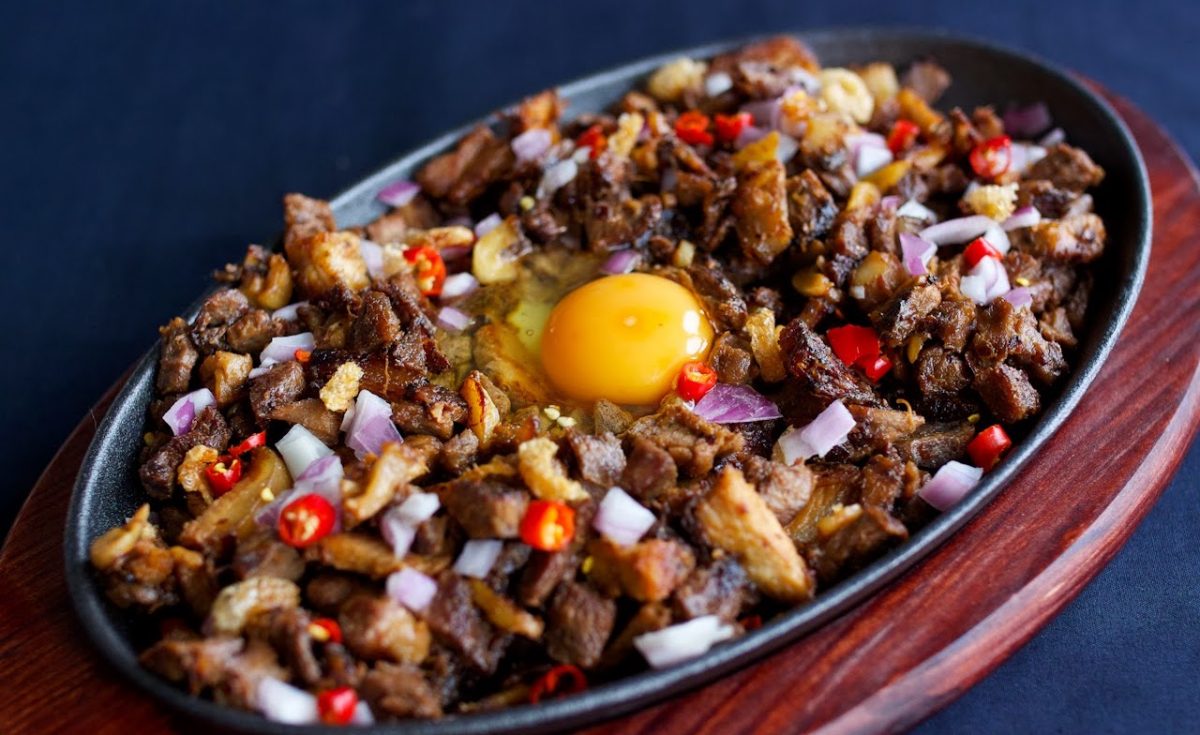
Filipino netizens were quick to voice out their dissatisfaction online, many of whom claimed that it was disrespectful to the various regional versions of adobo, and also the sense of individuality that has become symbolic of the dish.
One of the most-widely consumed dishes in Filipino homes, adobo is prepared and served in a variety of ways, with many families having their own take on the dish in regards to preferred ingredients, or methods to use to permeate the meat with flavor.
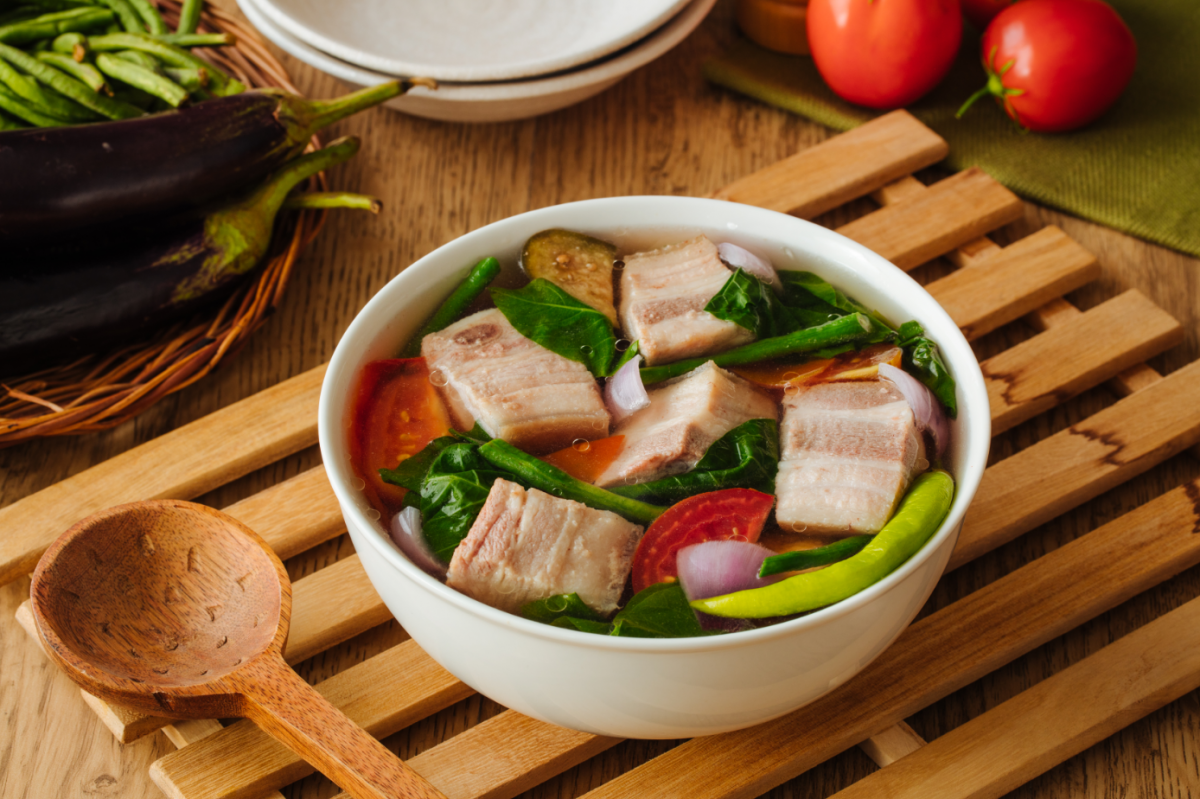
“The beauty of Filipino food is its diversity that is rooted in our diverse cultural heritage, not some cookbook,” said one Twitter user in response to a news tweet by Filipino content portal Rappler.
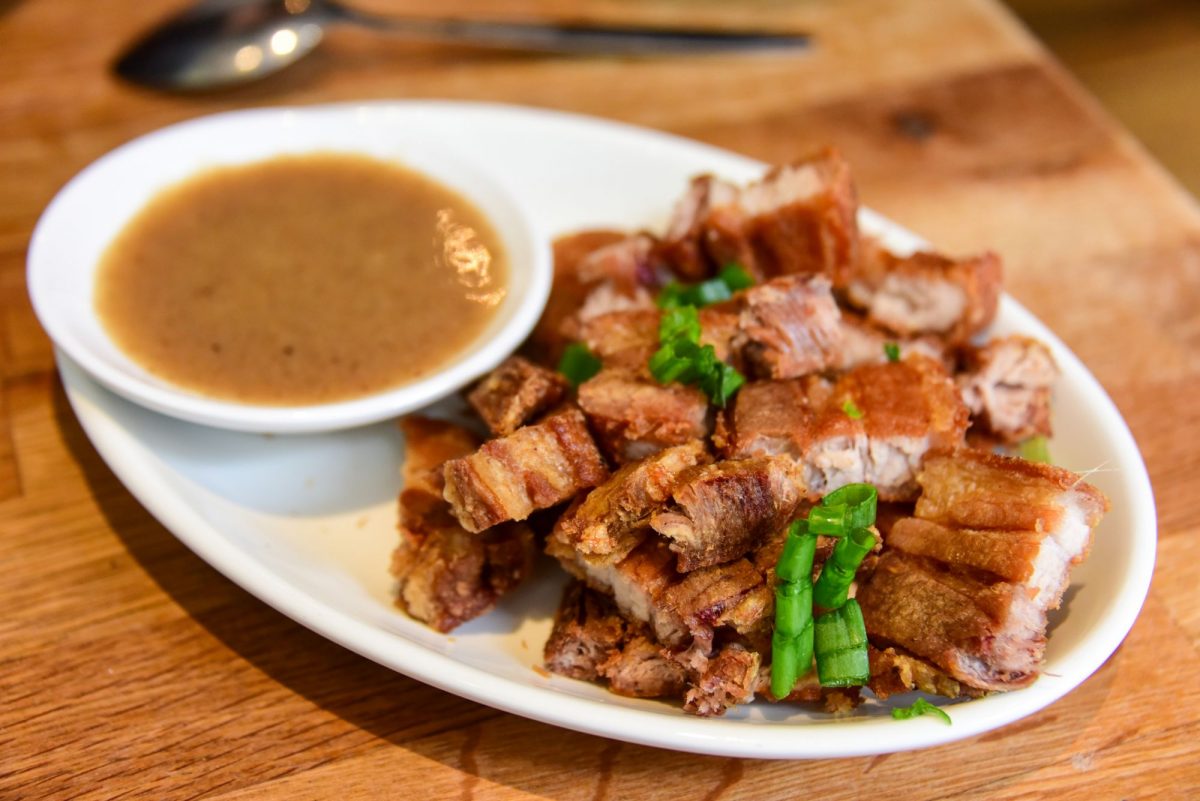
“Whatever form of adobo you make is a valid form of adobo, the same way that whatever Filipino culture you come from, you are still Filipino.”
Many are also criticising the DTI’s insistence with this initiative during an ongoing pandemic that is far from over.
“When nothing’s right, let’s standardise how to cook adobo and sinigang,” said another individual on Twitter. “What a way to solve the pandemic and the government’s incompetence.”
DTI REMAIN UNMOVABLE
Responding the the backlash, the DTI maintained that the move was necessary to help define the recipes amid the many variations created by chefs, writers, food bloggers, and other content creators, and also to help “preserve the country’s cultural identity” in spite of all the different interpretations of dishes such as adobo.
They added that decisions reached by the committee would not in any way be a mandatory enforcement on how to prepare the dish, but would be more of a “definition of what we will promote nationally.” DTI has also confirmed that once settled upon, the new national standards for the dish will be “circulated nationwide, once available, for review and comments of concerned stakeholders.”
“Standardising the basic cooking technique for adobo will help ordinary citizens, foodies, and food businesses determine and maintain the authentic Filipino adobo taste,” said Neil Catajay, director of the BPS.
Here’s hoping our own authorities don’t get any ideas: Malaysians are known to have extraordinary patience for anything except interference with our local foods. Can you imagine the government actually trying to standardise nasi lemak or even rendang?
"ExpatGo welcomes and encourages comments, input, and divergent opinions. However, we kindly request that you use suitable language in your comments, and refrain from any sort of personal attack, hate speech, or disparaging rhetoric. Comments not in line with this are subject to removal from the site. "


